 Shche ne vmerla Ukrainy i slava, i volia” (‘Glory and Freedom of Ukraine has not yet Perished’), also known by its official title of “State Anthem of Ukraine” or by its shortened form “Shche ne vmerla Ukrainy,” is the national anthem of Ukraine. It is one of the state symbols of the country.
Shche ne vmerla Ukrainy i slava, i volia” (‘Glory and Freedom of Ukraine has not yet Perished’), also known by its official title of “State Anthem of Ukraine” or by its shortened form “Shche ne vmerla Ukrainy,” is the national anthem of Ukraine. It is one of the state symbols of the country.
The lyrics constitute a slightly modified version of the first stanza of a patriotic poem written in 1862 by the poet Pavlo Chubynsky, a prominent ethnographer from Kyiv. In 1863, Mykhailo Verbytsky, a western Ukrainian composer and Greek-Catholic priest, composed music to accompany Chubynsky’s text. The first choral performance of the piece was at the Ukraine Theatre in Lviv, in 1864.
In the first half of the 20th Century, during unsuccessful attempts to gain independence and create a state from the territories of the Russian Empire, Poland, and Austria-Hungary, the song was the national anthem of the Ukrainian People’s Republic, the West Ukrainian People’s Republic, and Carpatho-Ukraine. A competition was held for a national anthem following Ukraine’s secession from the Soviet Union, with one of the songs being “Za Ukrajinu” (English: “For Ukraine”) by the Ukrainian writer and actor Mykola Voronyi. “Shche ne vmerla Ukrainy i slava, i volia” was officially adopted by Ukraine’s Verkhovna Rada (parliament) on 15 January 1992. The official lyrics were adopted on 6 March 2003 by the Law on the Anthem of Ukraine. —From Wikipedia. Text is available under the Creative Commons Attribution-ShareAlike License 3.0.
Before the opening night performance of Verdi’s Don Carlos, the audience observed a moment of silence, followed by the Ukrainian national anthem, performed by the Met Orchestra and Chorus and conducted by Music Director Yannick Nézet-Séguin. —from the Metropolitan opera, at YouTube link below
Lyrics:
Nay, thou art not dead, Ukraine, see, thy glory’s born again,
And the skies, O brethren, upon us smile once more!
As in Springtime melts the snow, so shall melt away the foe,
And we shall be masters in our own home.
Soul and body, yea, our all, offer we at freedom’s call
We, whose forebears, and ourselves, proud Cossacks are!
Lyrics from Wikipedia. Text is available under the Creative Commons Attribution-ShareAlike License 3.0.
We hope you will join us in The Imaginative Conservative community. The Imaginative Conservative is an on-line journal for those who seek the True, the Good and the Beautiful. We address culture, liberal learning, politics, political economy, literature, the arts and the American Republic in the tradition of Russell Kirk, T.S. Eliot, Edmund Burke, Irving Babbitt, Wilhelm Roepke, Robert Nisbet, Richard Weaver, M.E. Bradford, Eric Voegelin, Christopher Dawson, Paul Elmer More and other leaders of Imaginative Conservatism. Some conservatives may look at the state of Western culture and the American Republic and see a huge dark cloud which seems ready to unleash a storm that may well wash away what we most treasure of our inherited ways. Others focus on the silver lining which may be found in the next generation of traditional conservatives who have been inspired by Dr. Kirk and his like. We hope that The Imaginative Conservative answers T.S. Eliot’s call to “redeem the time, redeem the dream.” The Imaginative Conservative offers to our families, our communities, and the Republic, a conservatism of hope, grace, charity, gratitude and prayer.
The Imaginative Conservative applies the principle of appreciation to the discussion of culture and politics—we approach dialogue with magnanimity rather than with mere civility. Will you help us remain a refreshing oasis in the increasingly contentious arena of modern discourse? Please consider donating now.
The featured image is courtesy of Pixabay.


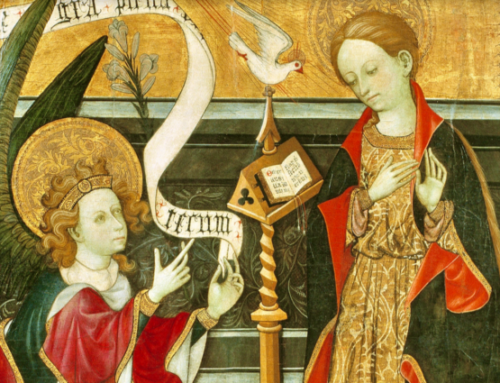
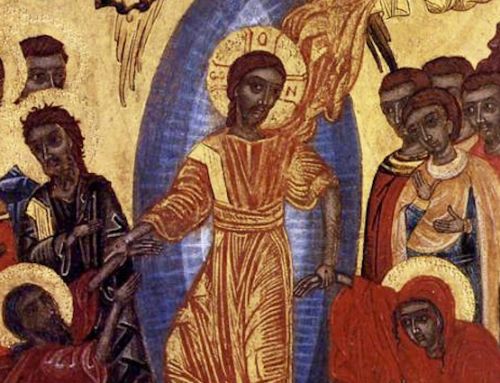
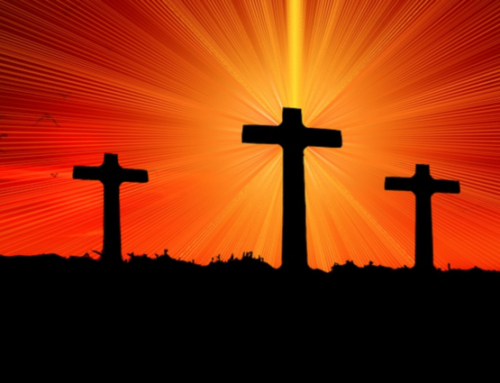
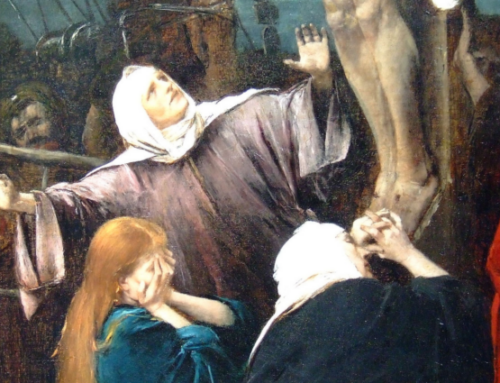
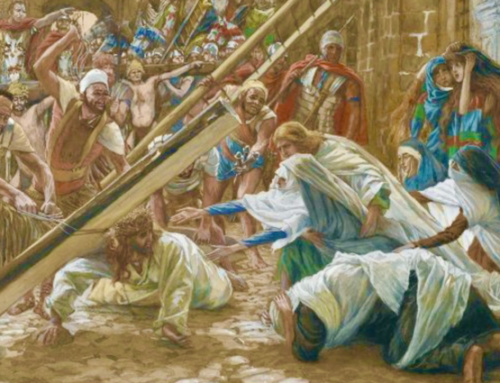
Leave A Comment